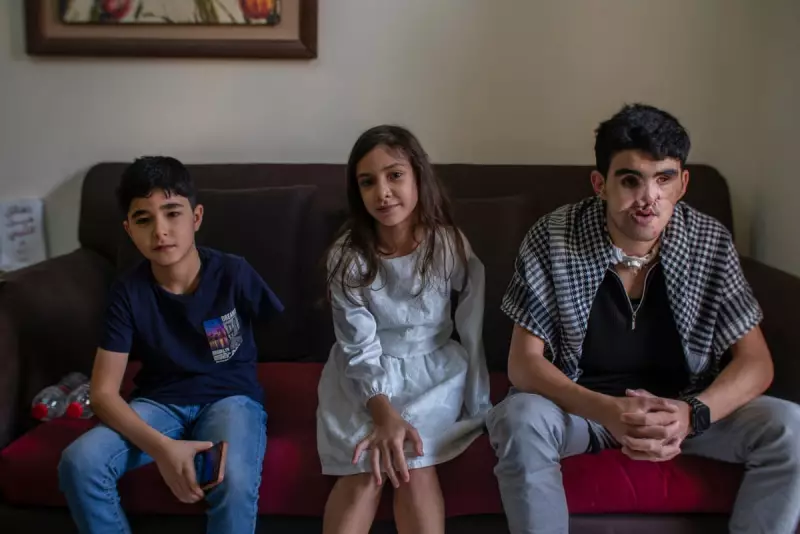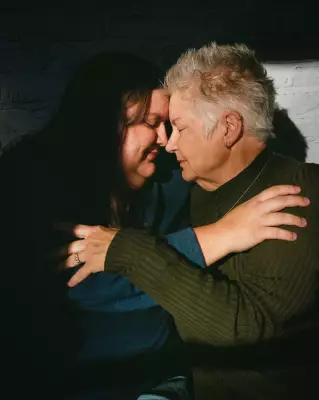
In a profound act of medical diplomacy, the United Kingdom has become a sanctuary for some of Gaza's most vulnerable victims. Dozens of critically injured Palestinian children have been granted emergency visas for life-saving medical treatment within the NHS, marking a crucial intervention in the ongoing humanitarian crisis.
The evacuation, a complex logistical operation coordinated with international aid agencies, focuses on children whose injuries are so severe they cannot be treated in the war-ravaged enclave's collapsing healthcare system. These young patients suffer from devastating war wounds, including severe burns, complex fractures, and shrapnel injuries requiring specialised surgical care and long-term rehabilitation simply unavailable in Gaza.
A Race Against Time for Young Lives
The process of medical evacuation is fraught with challenges. Each case requires meticulous coordination to navigate checkpoints, secure safe passage, and arrange urgent air ambulance transfers. The UK's decision to fast-track visas removes a significant bureaucratic barrier, accelerating the journey from a hospital bed in Gaza to a specialist ward in Britain.
This initiative highlights the staggering human cost of the conflict, particularly on the youngest generation. Many of these children have lost family members, homes, and their sense of security, bearing both physical and psychological scars that will last a lifetime.
The NHS Stepping Onto the World Stage
The effort showcases the NHS's capacity for international humanitarian response. Hospitals across the country are mobilising specialist paediatric teams, including reconstructive surgeons, intensive care specialists, and trauma psychologists, to provide not just surgery but holistic care for these young survivors.
This UK-led evacuation scheme sets a significant precedent for international responsibility and global health solidarity. It demonstrates how nations can leverage their advanced healthcare infrastructure to directly mitigate human suffering in conflict zones, offering a template for future humanitarian corridors for the sick and wounded.





